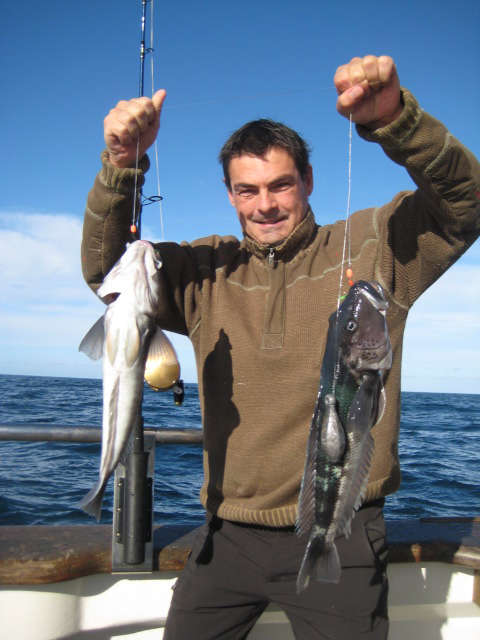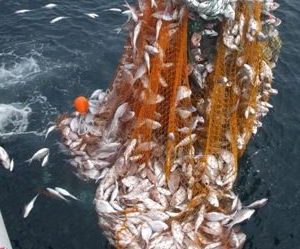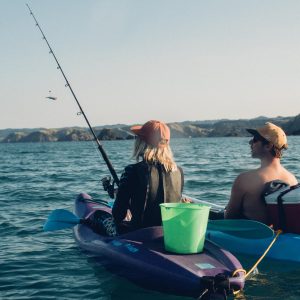When it comes to blue cod fishing most of the rule changes over the past 10 years have applied to recreational fishing. These changes have had major impacts on the social, economic and cultural wellbeing of people and businesses in some areas of the South Island.
So, it’s bizarre that after a decade of changes and several years of discussions to develop a national strategy the best Fisheries New Zealand can deliver are proposals aimed directly at limiting recreational catch and potentially sending some South Island charter operators to the wall. There is no effort or intent to manage commercial catch limits even though those controls have not changed in some areas since 1995.

While the national strategy is touted as a blue cod management asset the recent proposals focus on one of the strategy’s five objectives: “set the right rules”. In their latest consultation paper Fisheries New Zealand propose a change to commercial and recreational cod pots, which we support. However, the remaining changes are targeted at recreational fishers.
In our recent submission to the Minister Stuart Nash we included seven recommendations to help rebuild depleted local fish stocks and sensibly manage catches.
When a fish stock is in decline it is incumbent on the Minister to look at all contributing factors, including reviewing and managing the sector with the largest catch as this will make the most difference to stock abundance.
There is no hiding from the facts. Amateur fishers take around 300 tonnes or 12% of the total blue cod catch from South Island and Chatham Island waters. Commercial fishers land over 2000 tonnes per annum. Blue cod fishing is most popular in the Marlborough Sounds and recreational fishing effort in other southern areas has historically been low. The latest survey results suggest participation in recreational fishing is trending downwards, so the “problem” of increasing effort is not substantiated.
It is important to have widespread support for management changes especially when dealing with remote locations and dispersed fishing effort. The rules applying to blue cod fishing in southern waters must be fair and any changes need to contribute in a meaningful way to sustainability.
Support for local management
Recreational interests strongly support more local management of recreational fisheries. However, in areas where there are no sustainability concerns the only justification for significantly reducing recreational bag limits would be to protect commercial fishing interests.
Since the advent of the LegaSea FishCare – The school of best practice there are increasing numbers of fishers adopting improved catch and handling techniques. By using lures and soft baits fishers are mouth-hooking fish while catching fewer small fish. These changes contribute to the sustainability of local fisheries.
Significant impacts for charter fishing
The proposed 2-day accumulation limit would have minimal impact on day fishers however, it will have a significant economic impact on charter operators who offer multi-day trips. It would also be a double hit for those businesses if recreational daily bag limits are reduced by 50 – 66%, as proposed in some areas.
All blue cod charter catch is reported via the Amateur Fishing Charter Vessel reporting scheme and there is little evidence that an accumulation limit would prevent local depletion or make any difference to sustainability in the areas where fishing charters operate. Charter operators tend to know their patch well and rotate fishing areas to sustain long-term activity.
Red light for proposals
When we consider the lopsided proposals, the short consultation timeframe, the concerns around the use of limited or biased data and the lack of any intent to manage the sector with the largest catch it is no wonder that the recent proposals have been given the red light by many in the recreational industry.
It is now up to Stuart Nash to make a decision on the future management of blue cod around the South Island and Chathams. One thing is for sure, he cannot pretend the current proposals are fair because they are clearly biased towards limiting recreational catch while ignoring the lack of intent to manage commercial effort and the mortality caused by fishing.
More info
Review of blue cod regulations – Submission April 2019





